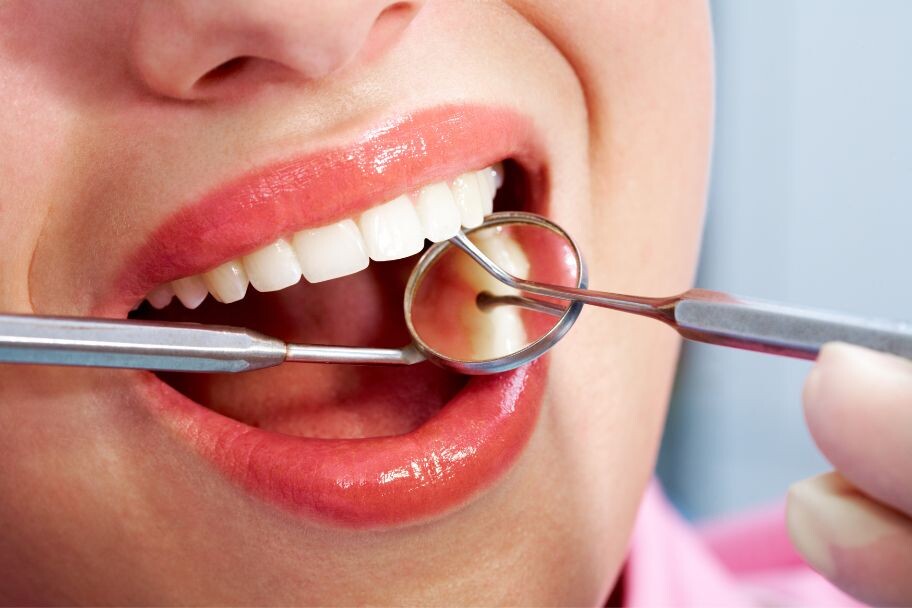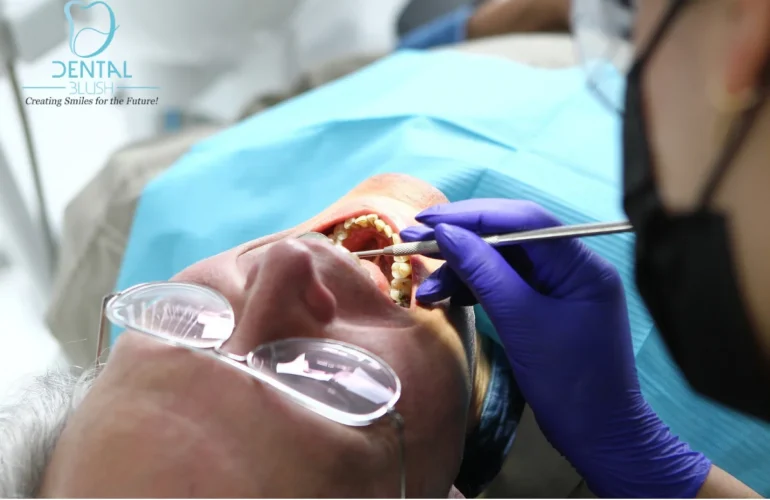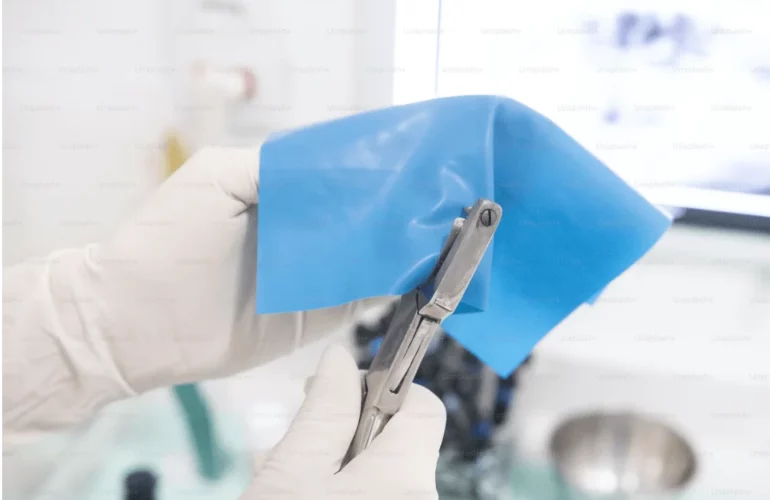The person suffering tooth sensitivity experiences intense, sharp, and short pain when doing so.
From Dental Blush we tell you what produces it and what you must do to relieve dental sensitivity.
Tooth sensitivity: what produces it and how to alleviate it
Tooth sensitivity may be due to very fine enamel and, more commonly, exposure to the inner layer of the tooth, called dentin.
Dentin is the layer that surrounds the pulp, the area where the nerve endings are. It is porous and lies under the enamel, which is the strongest layer of the tooth.
That is, tooth sensitivity (dentin hypersensitivity) can occur when the gum is removed from the teeth in the gum line and reveals the dentin in your.
Dentin is a layer of soft tissue in the tooth that is located under the enamel. Below the gum line, dentin does not have the enamel protection that covers the visible part of the tooth in the mouth.
When the dentin is exposed, the microscopic pores (called tubules) that communicate with the nerve of the tooth are left unprotected.
Hot, cold, and sometimes sweet or acidic foods can cause hypersensitivity pain.
The anatomy of the tooth is similar to that shown on dentalcare.com, consisting of enamel, dentin, gum recession, tubules …
Why do I have?
There can be several causes of this exposure.
The treatments to follow vary depending on the factor or factors that cause it.
- Very strong brushing: If we brush our teeth too hard or in the wrong way, we can cause the gums to retract and, therefore, exposure of the tooth root. By brushing the root, it wears out quickly and would leave the dentin outside.
- Bruxism: The person who clenches and even grinds her teeth at night will be wearing down and fracturing her upper layers, starting with enamel and continuing with dentin. In advanced cases, the wear is so severe that it becomes a nerve in the exposed interior.
- Malocclusion: Misalignment of the teeth leads to premature contact, occlusal trauma. This causes recessions of exposed gums and roots.
- Food very acidic: It is consumption of acidic substances in abundance such as lemon can lead to eroding the enamel
Gum disease: Uncontrolled gingivitis or periodontitis is accompanied by receding gums.
How to relieve tooth sensitivity
There are many reasons why you should go to your dentist for any symptoms of tooth sensitivity and who will detect what specifically causes the discomfort.
Thanks to all the advancements in the field of oral health technology, you probably don’t have to put up with tooth sensitivity.
There are currently several options for the treatment of sensitive teeth:
- Brush and floss twice a day to avoid periodontal disease.
- Be sure to clean all parts of the mouth, including the interdental spaces and the gum line.
- Brush gently with an electric brush with soft filaments. This will prevent extremely aggressive brushing and protect the enamel.
- Avoid acidic foods and drinks.
- Use toothpaste designed to help protect Tooth sensitivity.
Although there are many effective over-the-counter methods for treating sensitive teeth, it is always advisable to consult your dental professional if you continue to have hypersensitivity, as it can be a sign of more serious problems.
At Dental Blush we carry out gel application treatments with a high fluoride concentration to strengthen teeth and decrease, among other things, dental sensitivity and the risk of caries.
Early tooth sensitivity can prevent future complications that are more difficult to treat.
Come to Dental Blush and we will get your best smile back!
Dental Blush is a Dental Office in Tamiami FL where our goal is to make the patient feel at home.
We are excited for you to become a new member of our family!
Dental Blush is housed at 12260 SW 8th St Suite 226, Miami, FL 33184.
We welcome clients and you may make an appointment by calling + (305) 553 0666 or completing our contact form. Thank you.



